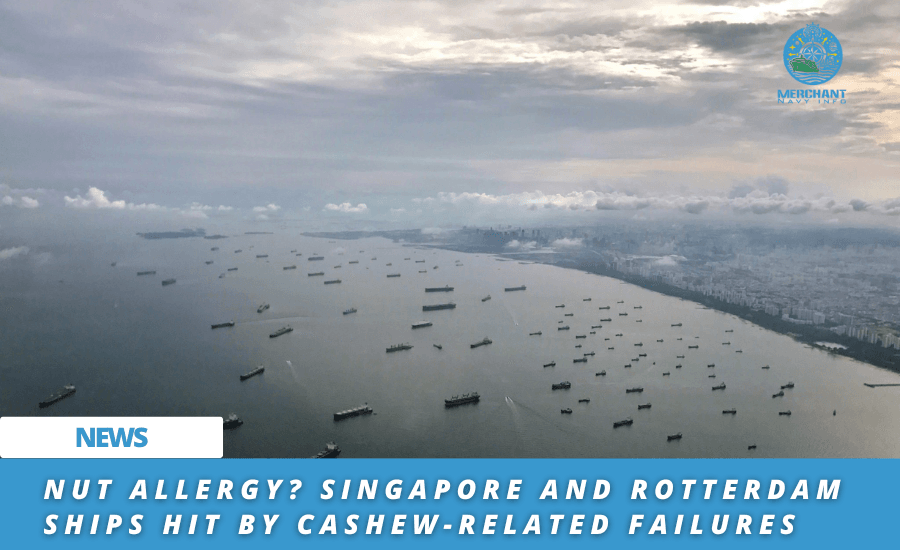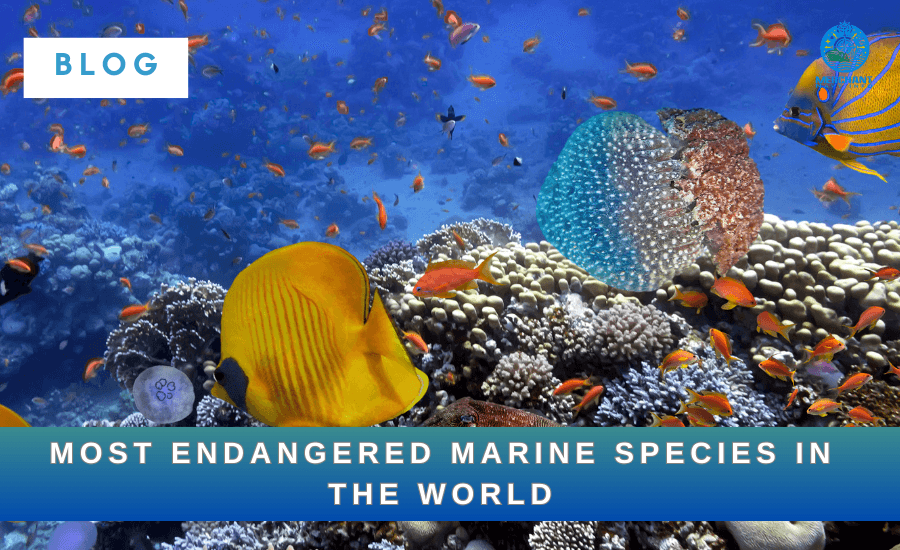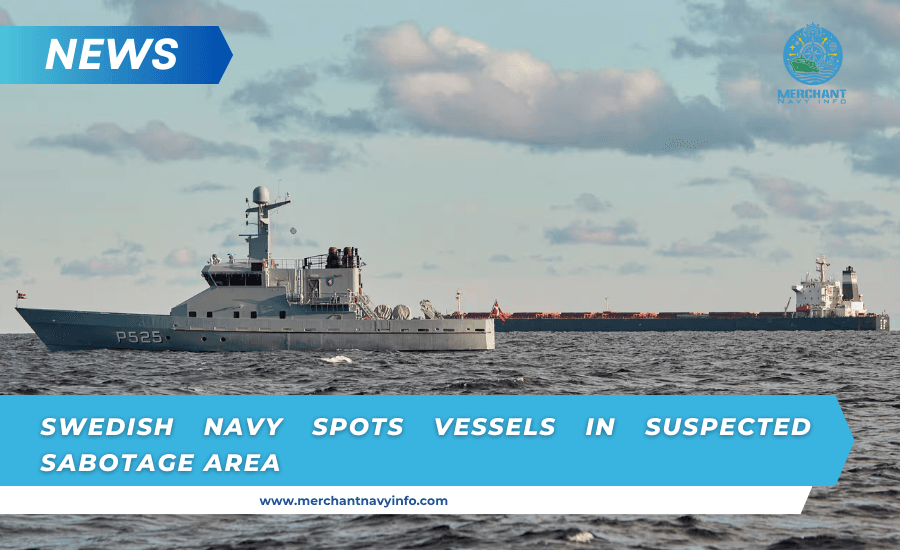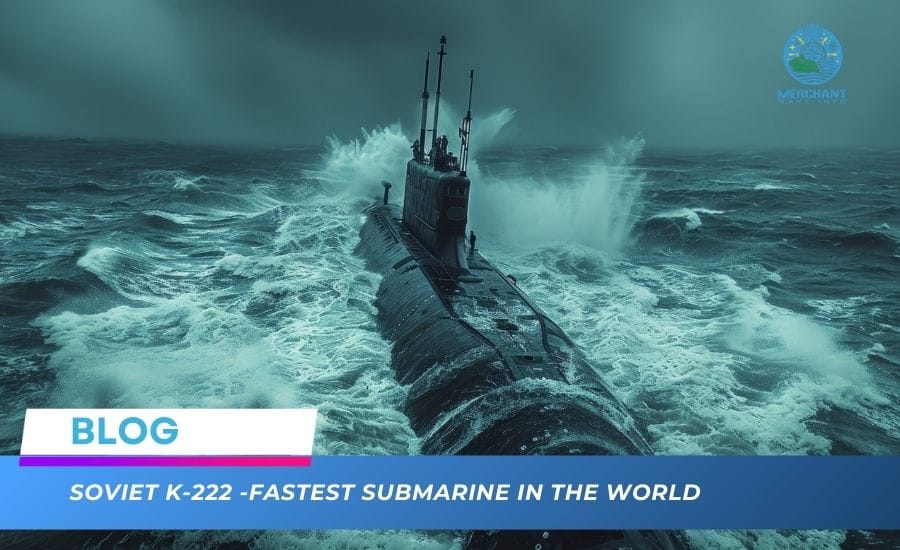
Nut Allergy? Ships From Singapore And Rotterdam Hit By Cashew-Related Disruptions
Several ships from Singapore and Rotterdam have reported operational problems in recent months after using marine fuel blended with liquid cashew shell biofuel, fuel testing agency CTI-Maritec said in an advisory published on Thursday.
Singapore-based CTI-Maritec said it analyzed samples from the affected ships and found that the marine fuel was blended with cashew shell liquid, which comes from undeclared raw materials or production processes.
The agency said the ships reported operational problems, including fuel deposits, injector failures, filter blockage, system deposits, and turbocharger nozzle ring corrosion.
CTI-Maritec did not name the affected ships or shipping lines, and it was unclear how many were affected.
The Maritime and Port Authority of Singapore and the Port of Rotterdam did not immediately respond to requests for comment.
CTI-Maritec advises shipowners not to use 100% cashew liquid as a marine fuel, blending component, or unstable bio-products in marine diesel engines.
It claims its use violates IMO guidelines for the supply of fuel oil to ships.
Cashew nut liquid is a FAME-free biofuel (fatty acid methyl esters) that is a by-product of the cashew industry. While it has been promoted as an alternative renewable fuel, it has a high pH and is corrosive.
Shipowners are exploring different blends of marine biofuels as an alternative to more polluting marine fuels to reduce emissions.
The latest version of the marine fuel specification ISO 8217 specifies acceptable biofuel use, including FAME-based biofuels and hydrotreated vegetable oils.
CTI-Maritec said no specifications for cashew nut liquid marine fuels are available from any accredited body.









